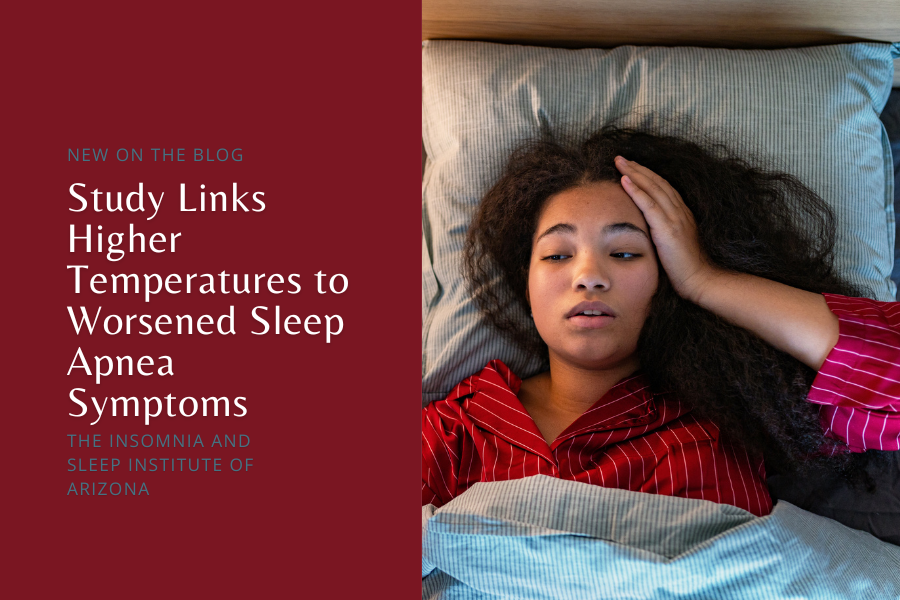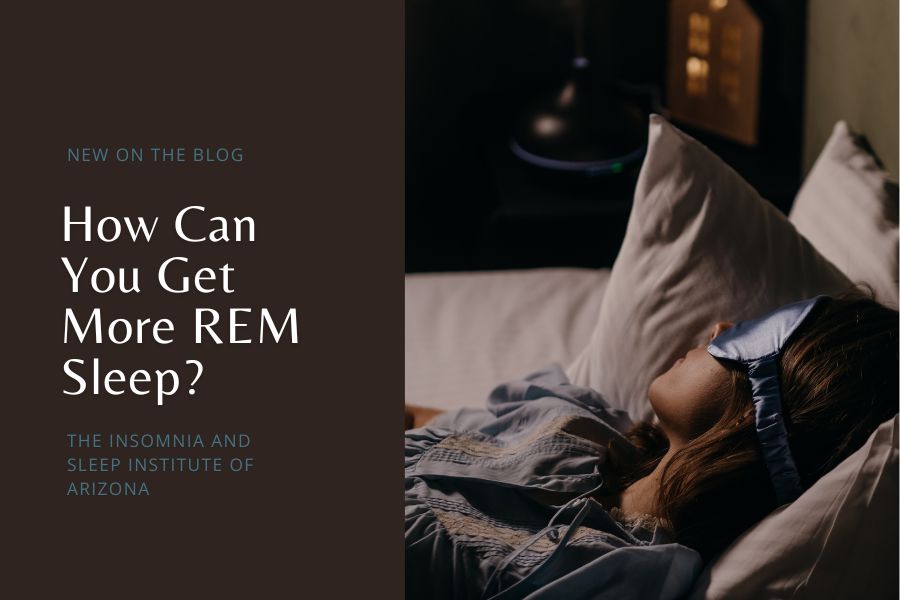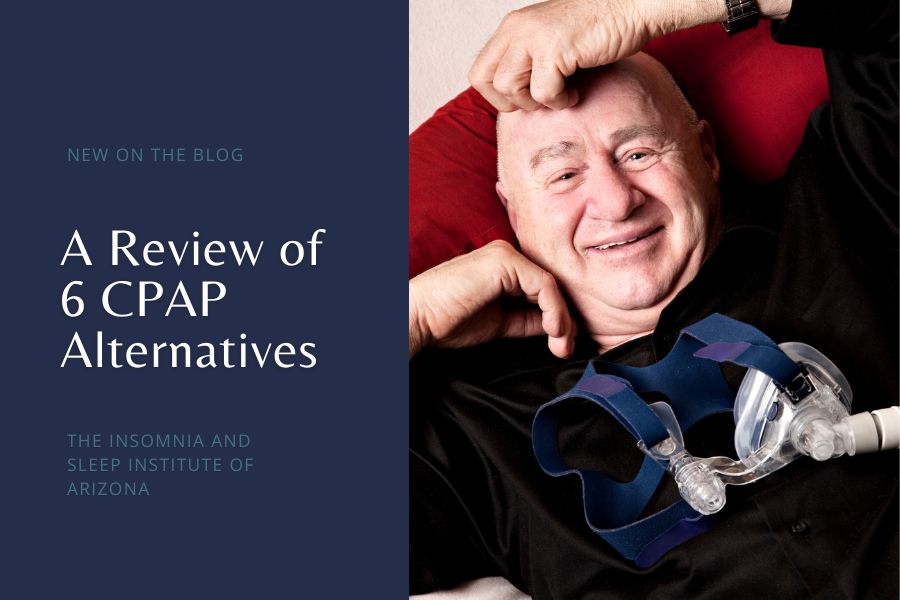If you get around eight hours of sleep per night, that means you spend 33 percent of your life sleeping. Sleep is a critical component of health and well-being, but many people struggle with sleep disorders. The Insomnia and Sleep Institute of Arizona serves the region as the “Face of Sleep Medicine.” Here, an outcome-driven approach is taken which means that every consultation is with a sleep specialist who can diagnose sleep disorders in order to inform testing and treatment if necessary.
There are many benefits to quality sleep, and a recent study in JAMA Neurology found that there’s a sleep “sweet spot” that becomes increasingly important as we get older. Although anyone of any age can struggle with sleep disorders (which is why we treat patients as young as two years old), disrupted sleep tends to get more common later in life. Changes in sleep behaviors and patterns have been linked to a number of co-morbidities including depression, Alzheimer’s disease, and cardiovascular disease. Researchers examined potential connections between the length of sleep (self-reported), cognitive function, lifestyles/demographics, and the levels of beta-amyloid in research participants.
Length Matters in Sleep Quality
In adults, brain health is impacted when a person sleeps too little or too much according to researchers. Those who didn’t get enough sleep (six hours or less) tested with higher levels of beta-amyloid. This is known to “greatly increase” the risk for dementia. “Normal” or healthy sleep was defined as 7 – 8 hours for the study. Additionally, the older adults in the study who didn’t get enough sleep also performed more poorly on cognitive ability tests compared to their counterparts who got enough sleep. These tests checked for orientation, memory, attention, language, visual-spatial skills, and ultimately serve as a tool to help pinpoint mild dementia.
However, there is such a thing as too much of a good thing. Those in the study who slept too much were found to have lower levels of executive function—however, they did not have elevated levels of beta-amyloid. Participants who slept nine hours or more also performed worse on the Digit Symbol Substitution Test. This is a test that evaluates associative learning skills, such as timed symbol matching on a page.
The Power of Protein and Sleep
Beta-amyloid is, as defined by the researchers, “a protein created during normal brain cell activity, although we still aren’t sure of its function.” However, it is one of the first markers that are detectable when tracking Alzheimer’s disease progression. This protein starts to accumulate in the brain, sticking to one another to form plaques. These plaques become more common as we get older, and there are a number of adults with “amyloid buildup” who are perfectly healthy. It is estimated that 30 percent of those 70 years old have “substantial” plaques.
Those with Alzheimer’s disease may have plaques that get in the way of brain cell communication. This is known as the “amyloid hypothesis.” Prior research has shown that sleep may be helpful in slowing down amyloid production in order to nourish the system that clears it. Amyloid buildup doesn’t start suddenly, but rather begins years before any Alzheimer’s disease symptoms appear. This, of course, makes it challenging to use as a barometer for Alzheimer’s disease diagnosis and early treatment. In terms of amyloid buildup and sleep, what this study does show is that lack of sleep seems to have a link to more amyloid buildup.
A Lifelong Striving for Good Sleep
Many people wonder if it’s harmful if they have one night of poor sleep, and according to this study the answer is yes—especially for older adults. Researchers also stress that those who get too much or too little sleep also typically have a higher BMI (are overweight or obese) and tend to have more symptoms of depression. So, which comes first, poor sleep or a host of other health issues? The two are very intertwined and it can be difficult to gauge, but addressing each issue is critical to improving quality of life. There is help available for all sleep disorders, and no referral is necessary at The Insomnia and Sleep Institute.
Many sleep disorders can lead to poor quality or lack of sleep, including insomnia and sleep apnea. This particular study addressed sleep quantity in older adults, but sleep is important for overall health at all ages. All sleep disorders are also either treatable or manageable when you work with the leading sleep specialists in the Phoenix region. If you or your child is having a tough time getting to sleep and/or staying asleep, schedule your consultation with a sleep specialist today. Call The Insomnia and Sleep Institute to schedule your consult or, for the quickest response, simply complete the online form now.








